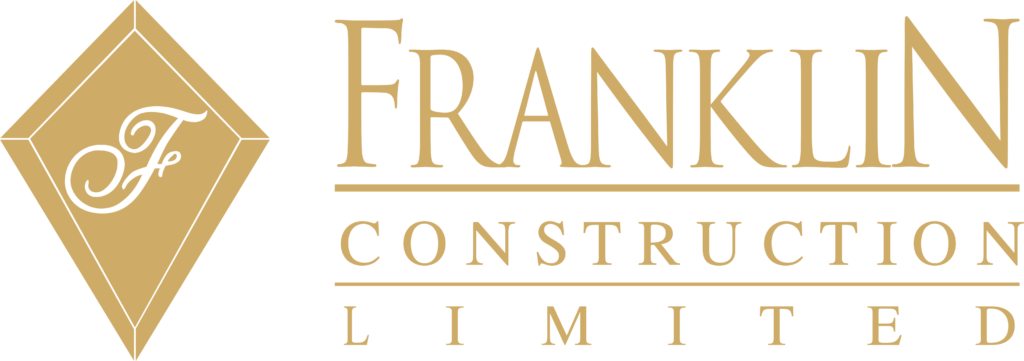For many individuals and families, securing decent and affordable housing can be a daunting task. They often seem out of reach due to financial constraints. This is where government initiatives play a crucial role in ensuring that everyone has access to safe and affordable living options. In this blog post, we will delve into the intricacies of how HUD operates to fulfill its mission.
The U.S. Department of Housing and Urban Development (HUD) defines affordable housing as housing that costs no more than 30% of a household’s income. This includes rent or mortgage payments, as well as utilities and other housing-related expenses. It can take various forms. Those can be rental apartments, single-family homes, condominiums, and cooperative housing.
It is not merely about having a roof over one’s head. It is about providing stability, security, and dignity to individuals and families. Access to affordable housing is essential for economic mobility, community development, and overall societal well-being. Without these sorts of options, many individuals face the risk of homelessness. Sometimes they are forced to live in substandard conditions, which can have far-reaching consequences on their health, education, and employment prospects.
How HUD Works
HUD is a federal agency responsible for overseeing various housing and urban development programs aimed at promoting community development and fair housing practices. Their mission is to create strong, sustainable, inclusive communities and quality affordable homes for all.
HUD Programs and Initiatives
HUD administers a wide range of programs and initiatives to achieve its mission. Some of the key programs include:
Public Housing: Public housing provides affordable rental housing to low-income individuals and families. Local public housing agencies (PHAs) manage public housing developments. In addition, they determine eligibility criteria for applicants.
Section 8 Housing Choice Voucher Program: The Section 8 Housing Choice Voucher Program helps low-income individuals and families. They support them with affordable, decent, safe, and sanitary housing. Participants receive rental assistance vouchers that they can use to rent housing from private landlords.
Community Development Block Grants (CDBG): CDBG provides grants to local governments and nonprofit organizations to support a wide range of community development activities. These can include: affordable housing development, infrastructure improvements, and economic development projects.
HOME Investment Partnerships Program: The HOME program provides grants to state and local governments to fund affordable housing development, rehabilitation, and rental assistance programs for low-income households.
Fair Housing Initiatives Program: HUD’s Fair Housing Initiatives Program works to eliminate housing discrimination. Additionally, they promote fair housing practices through education, outreach, enforcement, and advocacy efforts.
Affordable Housing Development
In addition to administering various housing assistance programs, HUD also plays a key role in financing and facilitating developments. HUD provides funding, technical assistance, and financing options to developers, nonprofit organizations, and local governments to support the construction, rehabilitation, and preservation of affordable housing units.
Through HUD’s various programs and initiatives, they combat the housing crisis, promote community development, and advance fair housing practices. However, the need for affordable housing remains significant, and continued efforts and investments are needed to ensure that everyone has a place to call home.
Learn more about our services and the developments we serve on our website! Learn how Franklin Construction Limited can help build a strong foundation in your community.

